(Getty Images; Collage by Grace Yagel)
As 2024 comes to a close, we look back and mourn the Jewish icons who have left outsized legacies on politics, the arts, sports and everything in between.
In chronological order, here is a selection of obituaries of 18 notable Jews who died in 2024.
Pearl Berg
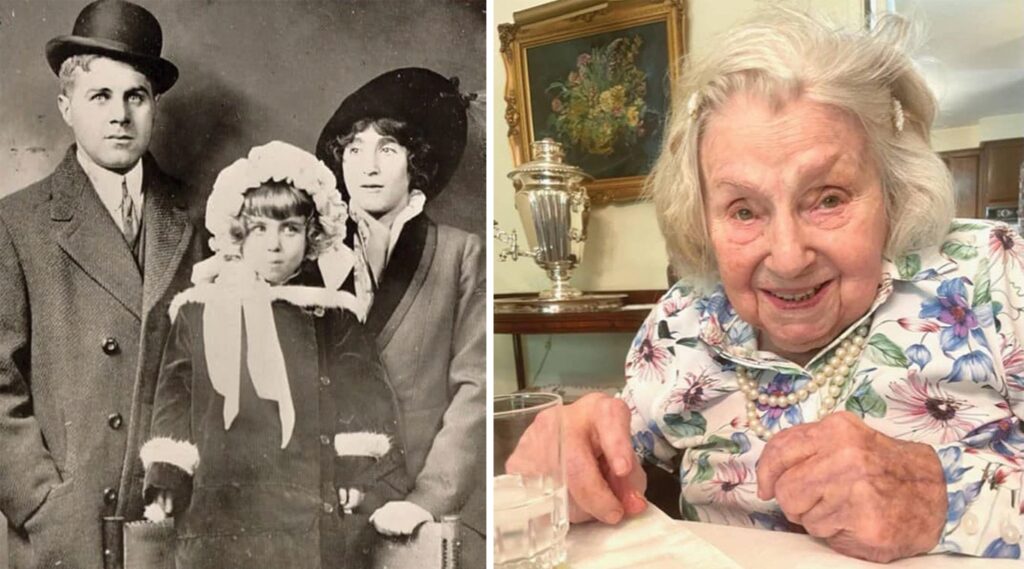
Pearl (aged 3) with her parents Archiebald and Anna (Gerson) Synenberg in 1913; at right, Berg in recent years. (Gerontology Research Group, Gerry Teitelbaum/Judy Taback)
At the time of her death, Pearl Berg was thought to be the oldest Jewish person in the world, and the ninth-oldest overall. A philanthropist active in her local Hadassah chapter, Berg was married for 58 years to Mark Berg, a businessman and investor. He died in 1989. “She maybe had a sip of Sabbath wine but she didn’t drink, she didn’t smoke, she ate sensibly, she had good emotional balance and she clearly had remarkable genes,” Berg’s youngest son, Robert Berg, told the Los Angeles Times. She died on Feb. 1 at 114.
Charlie Biton
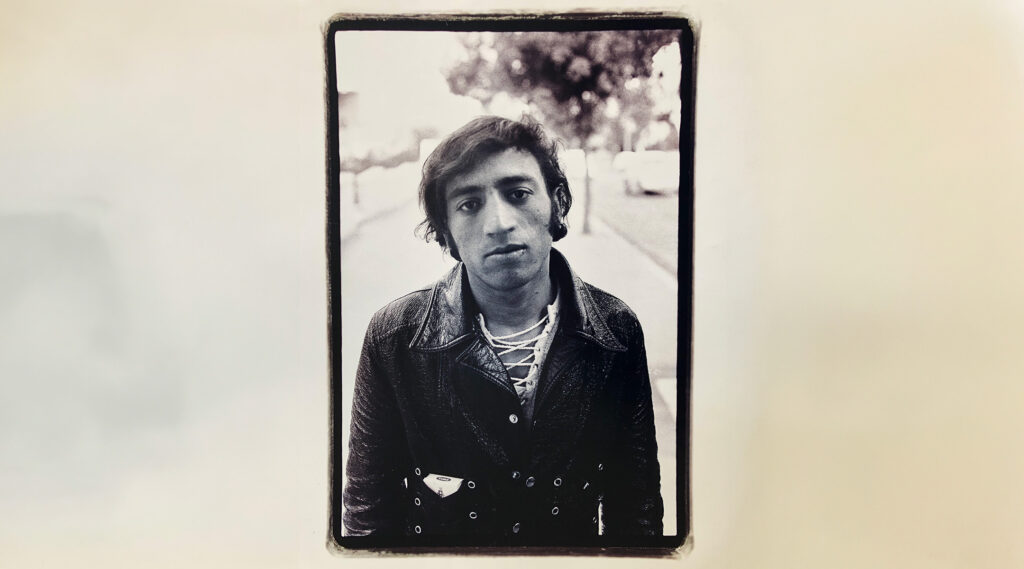
A portrait of Charlie Biton at the start of the Israeli Black Panther movement in 1971. (Courtesy of Meir Wigoder)
In 1971, Charlie Biton co-founded the Israeli Black Panthers, a movement that fought against the racism and poverty experienced by Mizrahi Jews in Israel. That set Biton on a course of activism and politics that would have seemed unlikely for someone with limited schooling and a criminal background. Biton rode the success of his protest group to a 15-year career as a member of Israel’s parliament, serving from 1977 to 1992 mostly alongside communists in the Hadash faction. Biton distinguished himself as a fighter for social change and an early voice for peace with the Palestinians. He died on Feb. 24 at 76.
Richard Lewis

Richard Lewis and Larry David in an episode of “Curb Your Enthusiasm.” (HBO)
Comedian Richard Lewis parlayed his neurotic Jewish personality and self-deprecating humor into a 50-year career as a standup and actor. Most notably, he starred in the ABC sitcom “Anything but Love,” and played a fictionalized version of himself in HBO’s “Curb Your Enthusiasm” from 2000 until 2024. Said Larry David, the show’s creator and Lewis’ close friend, “He had that rare combination of being the funniest person and also the sweetest.” He died on Feb. 27 at 76.
Martin Greenfield
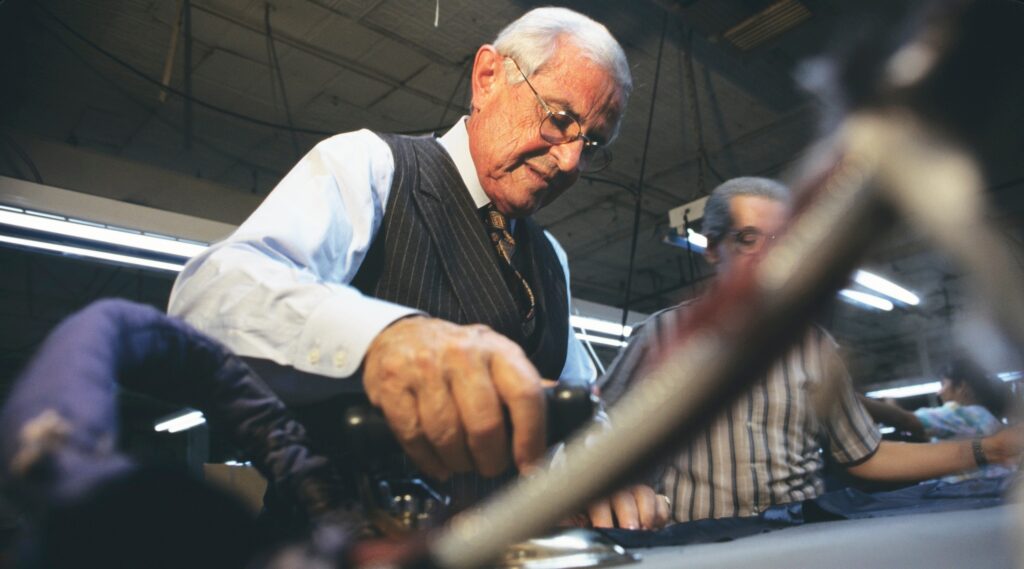
Martin Greenfield, tailor for Bill Clinton and Colin Powell, in his Brooklyn shop. (Photo by mark peterson/Corbis via Getty Images)
Martin Greenfield survived Auschwitz and Buchenwald, where he learned to sew after accidentally tearing a Nazi soldier’s shirt. After immigrating to the United States, he became a master tailor who dressed a series of presidents from Dwight Eisenhower to Barack Obama. Working out of a third-floor office in his East Williamsburg factory, Greenfield became one of the best-known — and some would say best — men’s tailors in the country. “Receiving your first tailoring lesson inside a Nazi concentration camp was hardly the ideal apprenticeship,” Greenfield recalled in his memoir. “I would have much preferred to hone my craft on Savile Row or in the mills of Milan. Looking back, though, that moment in the camps marked the beginning of the rest of my life.” He died on March 20 at 95.
Joe Lieberman
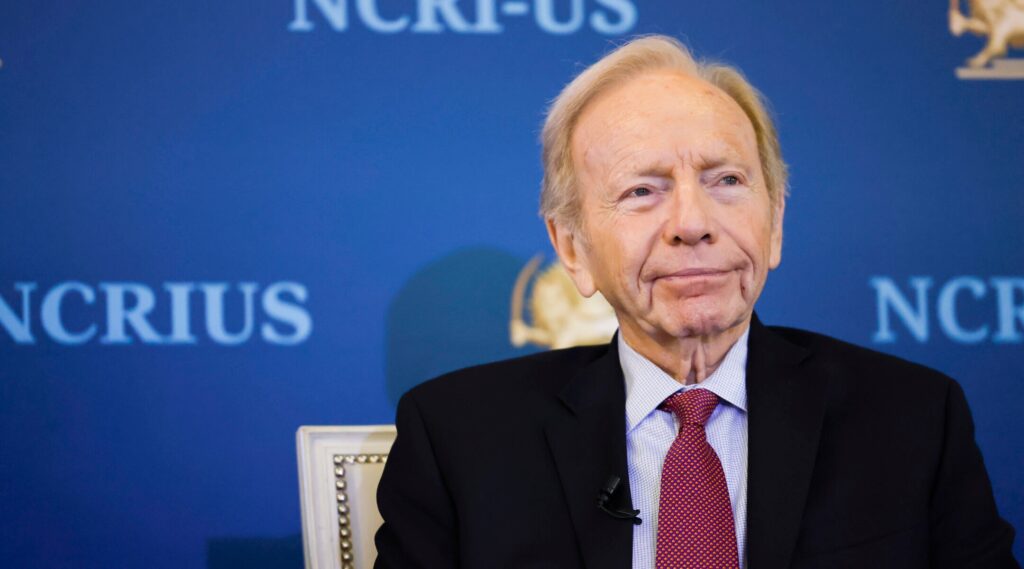
Former Sen. Joe Lieberman (D-CT) speaks at a panel hosted by the National Council of Resistance of Iran – U.S. Representative Office, August 17, 2022 in Washington, DC. (Anna Moneymaker/Getty Images)
Joseph Lieberman served as a senator from Connecticut for 24 years and, as Al Gore’s running mate in 2000, became the first Jew on a major presidential ticket. A moderate — some would say conservative — Democrat turned independent, Lieberman was known for his attempts to build bridges in an increasingly polarized Washington, sometimes losing old friends and allies along the way. Lieberman died on March 27 at 82.
Ken Holtzman

Ken Holtzman pitching for the Chicago Cubs during the 1968 season. (Sporting News via Getty Images)
Ken Holtzman, who played 15 seasons in the major leagues, was the winningest Jewish pitcher in baseball history. The MLB veteran threw two no-hitters, won four World Series rings and made two All-Star teams. A leftie, he played for the Chicago Cubs in two stints; the Oakland Athletics, where he won three consecutive titles from 1972-1974; the Baltimore Orioles; and the New York Yankees, where he won his fourth ring in 1978 despite not appearing in the series. In his retirement, he worked at his hometown Jewish community center. He died on April 15 at 78.
Rabbi Moshe Kotlarsky
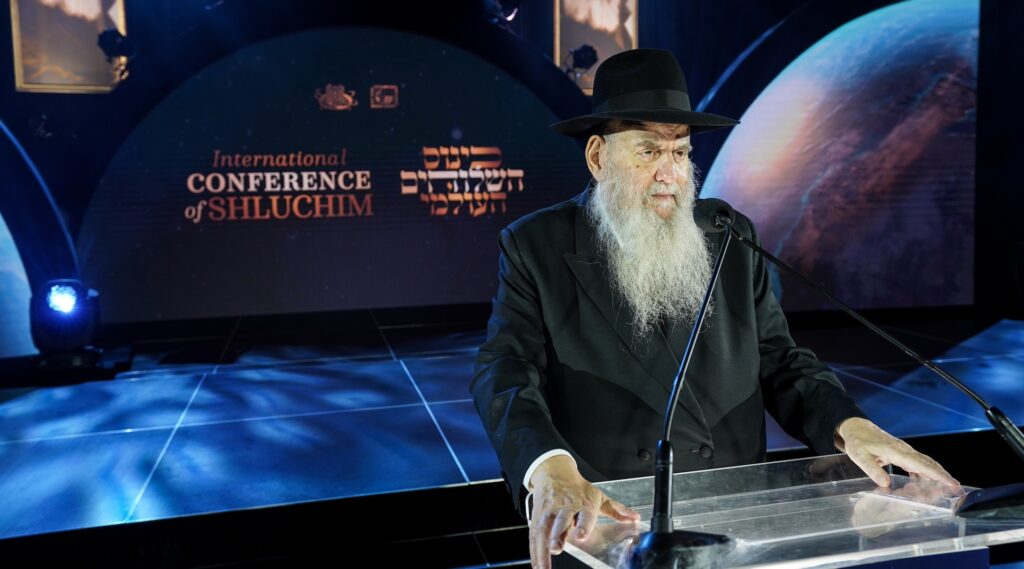
Rabbi Moshe Kotlarsky, then vice chairman of Merkos L’lnyonei Chinuch, the educational arm of the Chabad-Lubavitch movement, addresses attendees on Zoom during the International Conference of Chabad-Lubavitch Emissaries, in Brooklyn, New York, Nov. 15, 2020. (Bentzi Sasson/Chabad.org)
A leading figure in the Chabad-Lubavitch community, Rabbi Moshe Kotlarsky was known for his efforts to build the Hasidic movement’s global outreach efforts and for his personal ties with community members. As chairman of various Chabad affiliates, Kotlarsky played a key role in carrying out the vision of the movement’s late leader, Rabbi Menachem Mendel Schneerson, known as the Rebbe, in launching what are now more than 5,000 outreach centers in more than 100 countries. “He was caring for everybody and that’s why everybody feels so close,” said one rabbi who flew to Brooklyn from Amsterdam for his funeral. Kotlarsky died on June 4 at 74.
Kinky Friedman
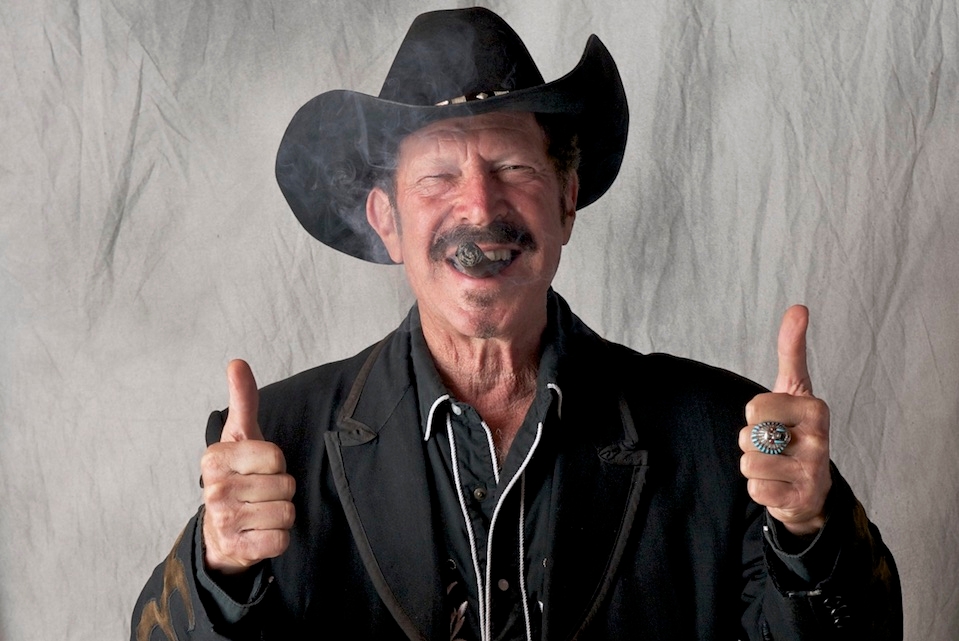
Kinky Friedman styled himself after popular American satirists Will Rogers and Mark Twain. (JTA files)
As a cigar-chomping, mustachioed Texan country singer and mystery novelist, Kinky Friedman’s body of work often seemed like the un-kosher marriage of the Borscht Belt and the Bible Belt. The frontman for the flamboyant 1970s country group Kinky Friedman and the Texas Jewboys, he was notorious for satirical songs such as “They Don’t Make Jews Like Jesus Anymore,” a raucous sendup of racism, while also turning serious with works like the 1973 song “Ride ’em Jewboy,” a haunting elegy on the Holocaust recorded by Willie Nelson and sung in concert by Bob Dylan. Friedman died on June 27 at 79.
Ruth Westheimer
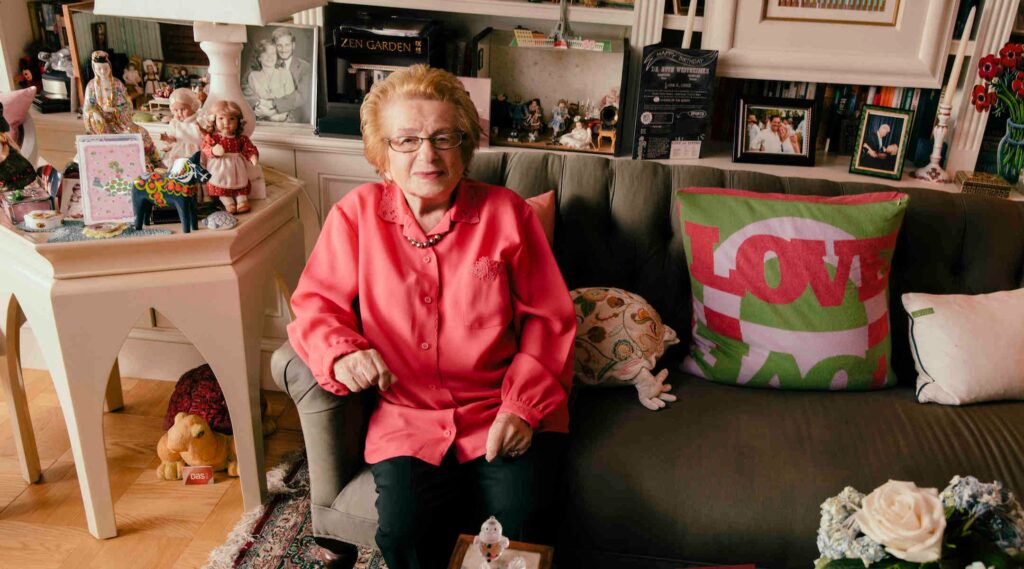
Dr. Ruth Westheimer, a Holocaust survivor who became America’s most famous sex therapist, was featured in the 2019 documentary “Ask Dr. Ruth.” (Austin Hargrave)
A Holocaust survivor and Israeli military veteran, the diminutive Ruth Westheimer charmed and educated millions of listeners as the taboo-breaking radio sex therapist known as “Dr. Ruth.” Her program, “Sexually Speaking,’” which launched in 1980 on the now-defunct WYNY-FM, broke broadcasting taboos around talking about sex and helped make her the most famous sex therapist in the world — albeit one with a motherly demeanor and thick German accent. She was a firm believer in sex as healthy dialogue among consenting partners, and also emphasized psychology over biology. “When it comes to sex, the most important six inches are the ones between the ears,” she once famously said. She died on July 12 at 96.
Queenie Hallegua
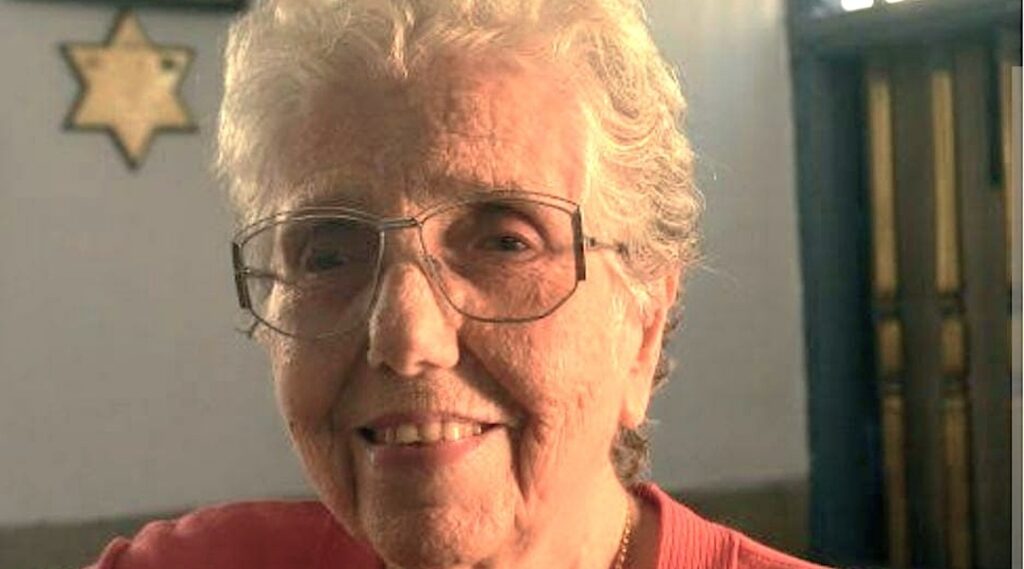
Queenie Hallegua was the warden and managing trustee of the Paradesi Synagogue in Kochi, India — one of the oldest synagogues in the Commonwealth countries. (Photo courtesy Ellen Goldberg)
When a JTA correspondent visited Kochi, India in 2020, a researcher said only two Jews were still living in Jew Town, a once-vibrant community where perhaps 3,000 Jews lived at its peak in the 1950s. The death of Queenie Hallegua, the last of the Paradesi, or “foreign,” Jewish women in Kochi, left her nephew Keith as the last Jew there. Queenie Hallegua was the warden and managing trustee of the Paradesi Synagogue, a 450-year-old landmark, from 2012 to 2018. Queenie and her late husband Sammy hosted Queen Elizabeth and her husband, Prince Philip, when they came to the Paradesi Synagogue in 1997. She died on Aug. 11 at 89.
Silvio Santos

Silvio Santos and his wife, Iris Abravanel, at a ceremony in 2019. (Alan Santos/PR/Wikimedia Commons)
Silvio Santos, a son of Sephardic Jewish immigrants, rose from working-class roots to become one of Brazil’s wealthiest men and a popular television personality. Born in Rio de Janeiro, the former street vendor built a media empire, including SBT, one of Brazil’s top three television networks. Calling him “Brazil’s first-ever celebrity billionaire,” Forbes magazine once compared him to Oprah Winfrey and Steven Spielberg. He died on Aug. 17 at 93.
Hersh Goldberg-Polin

An undated photo of Hersh Goldberg-Polin. (Jon Polin)
Hersh Goldberg-Polin moved with his family to Israel when he was a child and became a symbol of the plight of Israelis held hostage in Gaza after Hamas terrorists abducted him from the Nova music festival on Oct. 7, 2023. His parents, Rachel Goldberg-Polin and Jon Polin, became prominent advocates for bringing the hostages home, sharing frequently and eloquently about their son, whom they described as a wise, inquisitive, kind and gentle soul who was an engine of justice in the family and beyond. He and five other hostages — Eden Yerushalmi, Ori Danino, Almog Sarusi, Alex Lubnov and Carmel Gat — were killed as Israeli troops closed in on the tunnel below Rafah where they had been held; they were 23, 24, 25, 27, 33 and 40 years old when their bodies were recovered on Aug. 31. “I no longer worry about you,” Rachel Goldberg-Polin said at her son’s funeral. “I know you are no longer in danger.”
Mark Podwal
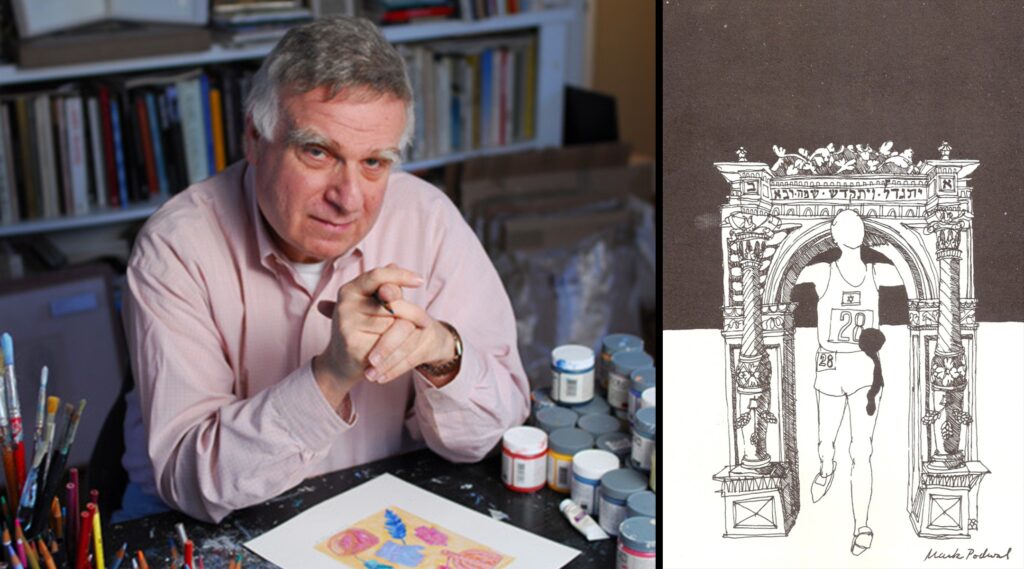
The artist Mark Podwal in his studio in 2007; at right, his illustration “Munich Massacre,” drawn in memory of Israeli athletes killed by Black September terrorists during the Summer Olympics in Munich, was published in the New York Times in 1972. (Wikipedia)
In Mark Podwal’s illustrations — created for children’s books, major newspapers, synagogue tapestries and gallery walls — he devised a Jewish visual vocabulary that made him one of the best known Jewish artists of his era. He also became the only working dermatologist whose works on paper are included in the Metropolitan Museum of Art’s Modern and Contemporary Art Collection. He died on Sept. 13 at 79.
Fania Brantsovsky
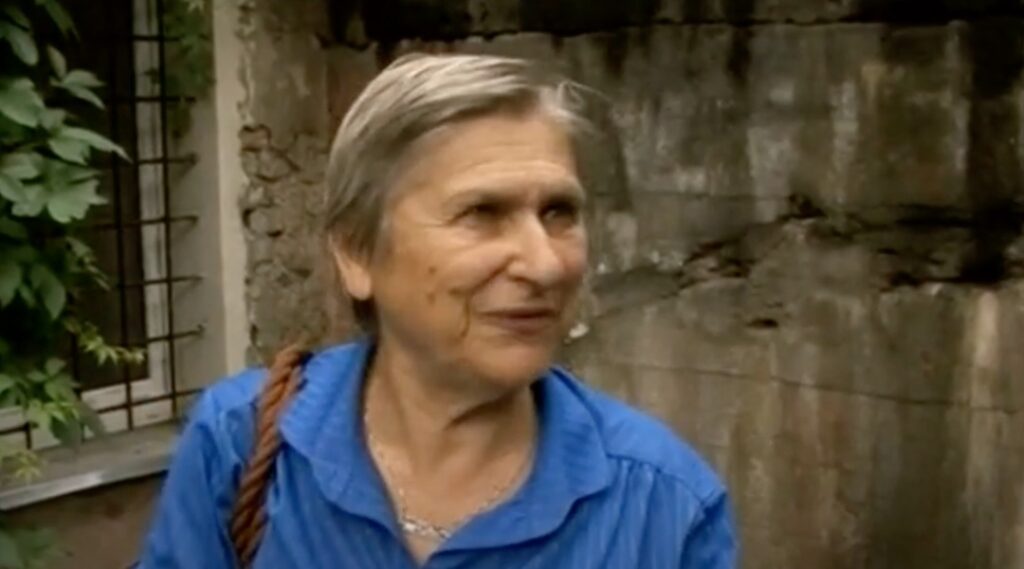
Fania Brantsovsky was one of the last remaining Jewish World War II partisan resistance fighters from the Vilna ghetto. (Video still courtesy Dovid Katz)
Fania Brantsovsky was the last surviving member of the Jewish underground in the Vilna ghetto and a keeper of the flame of the city’s once-glorious Yiddish past. Brantsovsky escaped the ghetto in 1942 and fought against the Nazis and their local collaborators in the Rudninkai forest with a group of Jewish partisans under the command of Abba Kovner. In the years after the war, she became a lifelong advocate for the memory of Lithuanian Jewry and their Yiddish language. She died on Sept. 22 at 102.
Lily Ebert
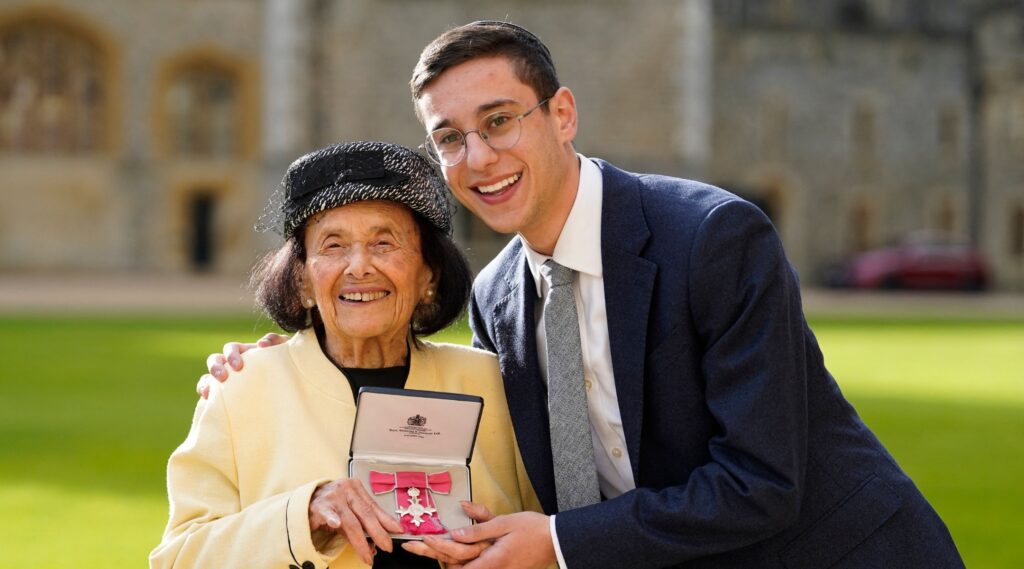
Lily Ebert, left, poses with her great-grandson Dov Forman after a ceremony where she was appointed a Member of the Order of the British Empire. (Andrew Matthews, AFP via Getty Images)
A Hungarian-born Holocaust survivor, Lily Ebert went on to educate millions on TikTok and cultivate a late-in-life friendship with King Charles III. After surviving Auschwitz and living in Switzerland and Israel, Ebert eventually moved to Britain in 1967. She gave testimony at museums and universities and co-wrote a book about her experience with Dov Forman, one of 38 great-grandchildren among her descendants. With Forman, she co-created a TikTok account to educate social media users about the Holocaust and the prevalence of antisemitism. Forman was 16 at the time they created the account in 2021; at the time of her death, it had 2 million followers. Ebert died on Oct. 9 at 100.
Lynda Obst
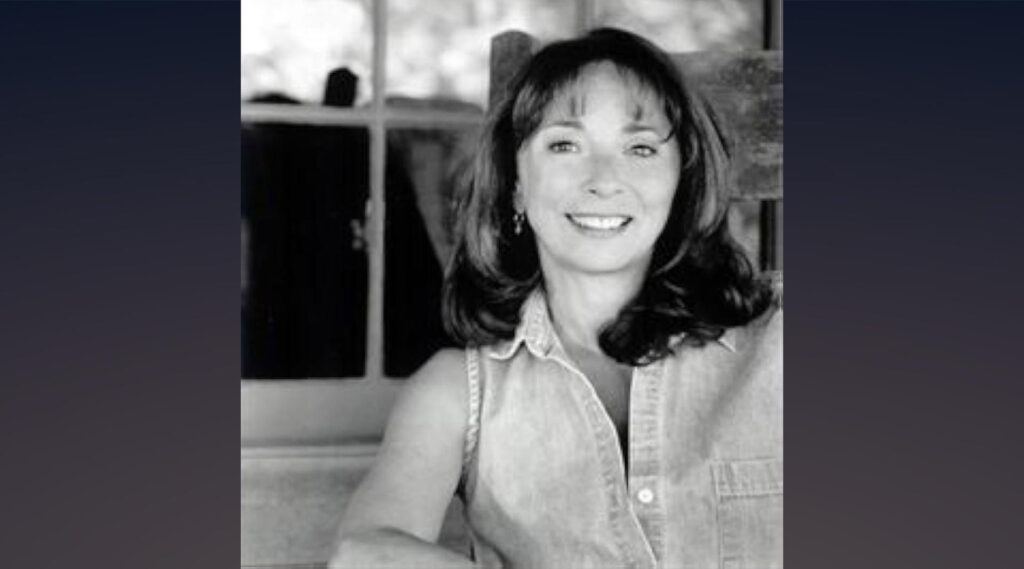
Lynda Obst was the executive producer for her friend Nora Ephron’s romantic comedy “Sleepless in Seattle.” (Via IMDB)
Lynda Obst, a film producer whose credits include “Interstellar,” “How to Lose a Guy in 10 Days,” “Contact,” “One Fine Day” and “Sleepless in Seattle,” was an editor at The New York Times magazine before going to Hollywood in the late 1970s. She produced her friend Nora Ephron’s directorial debut, “This Is My Life” (1992), and was the executive producer for Ephron’s wildly successful romantic comedy “Sleepless in Seattle” in 1993. She became deeply engaged with Judaism while helping her son recover from addiction. She died on Oct. 22 at 74.
Bernie Marcus

Home Depot founder Bernie Marcus poses for a portrait in a Home Depot store on Oct. 15, 1998. (Erik Lesser/Liaison via Getty Images)
Bernie Marcus, the billionaire who co-founded Home Depot, became a Republican megadonor and supporter of civic and political causes in the United States and Israel. Marcus’ legacy includes the transformation of downtown Atlanta with the establishment of the Georgia Aquarium; a massive advance in autism awareness and research thanks to the Marcus Autism Center, also in Atlanta; and the founding of the Israel Democracy Institute in Jerusalem, an important think tank focused on governance. In his final years, he directed his energies toward combating antisemitism on college campuses. He died on Nov. 4 at 95.
Felice Gaer
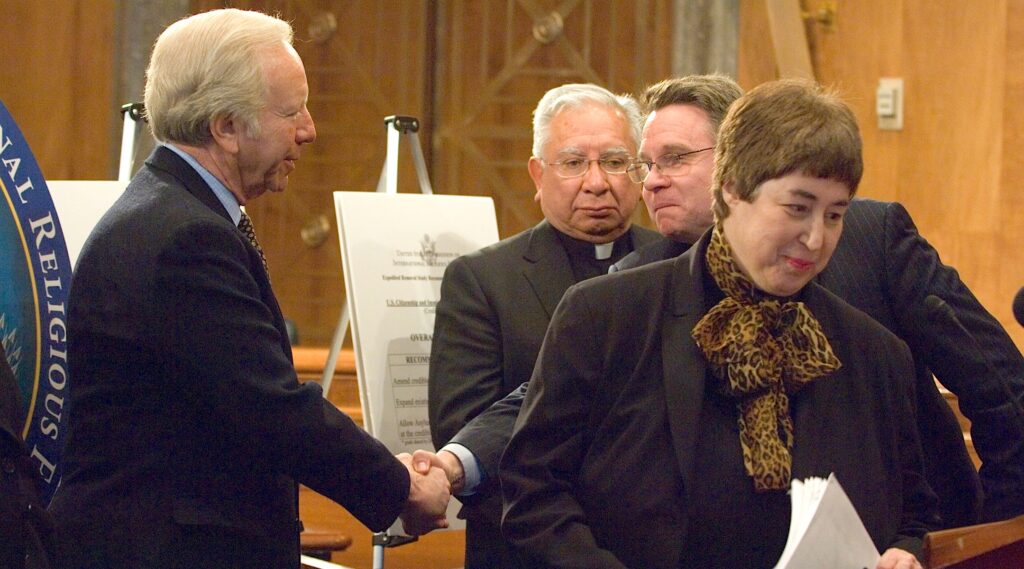
Felice Gaer, at right, then chair of the U.S. Commission on International Religious Freedom, takes part in a news conference presenting its report card on the two-year-old “Report on Asylum Seekers in Expedited Removal,” Feb. 7, 2007. At left, Sen. Joseph Lieberman (D-Conn.) shakes hands with Rep. Chris Smith (R-N.J.) as Bishop Ricardo Ramirez, commissioner of the USCIRF, looks on. (Douglas Graham/Roll Call/Getty Images)
For over 30 years, Felice Gaer Baran directed the American Jewish Committee’s Jacob Blaustein Institute for the Advancement of Human Rights, assuring Jews a seat at the table in global debates around torture, political repression, LGBT rights and antisemitism. As head of the only human rights division within a major Jewish organization, Gaer (who used her maiden name professionally) witnessed gratifying success in advocating for women’s rights, torture victims and the protection of political dissidents around the world. She died on Nov. 9 at 78.
This article originally appeared on JTA.org.

I hope you appreciated this article. Before you go, I’d like to ask you to please support the Forward’s award-winning, nonprofit journalism during this critical time.
We’ve set a goal to raise $260,000 by December 31. That’s an ambitious goal, but one that will give us the resources we need to invest in the high quality news, opinion, analysis and cultural coverage that isn’t available anywhere else.
If you feel inspired to make an impact, now is the time to give something back. Join us as a member at your most generous level.
— Rachel Fishman Feddersen, Publisher and CEO

